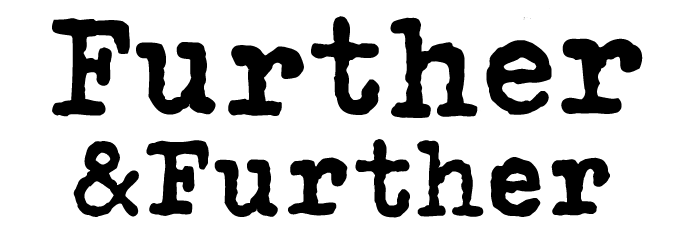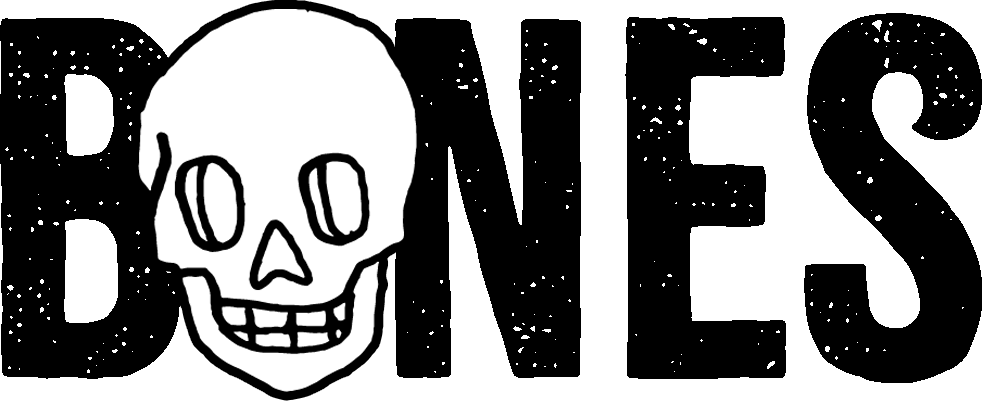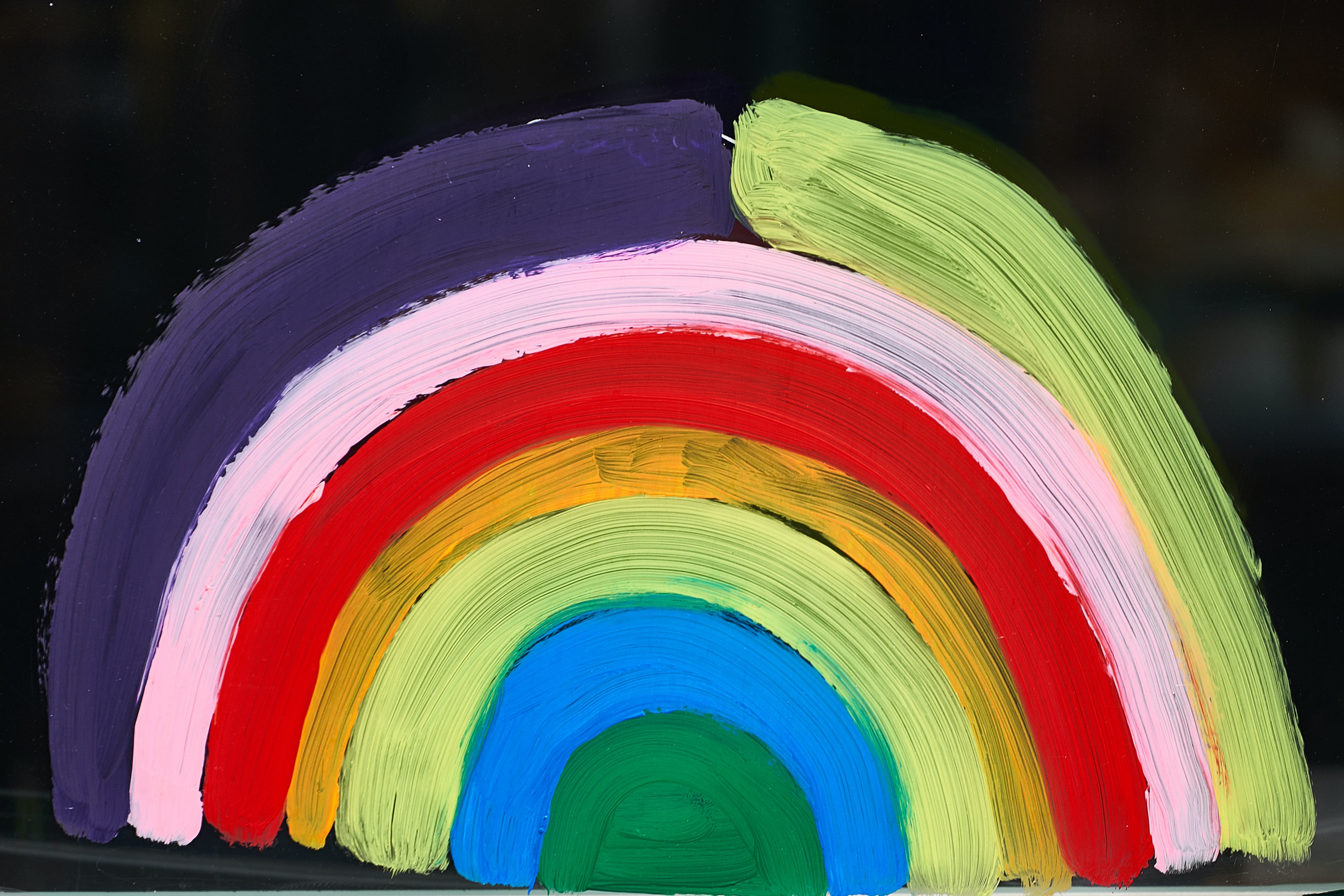Isaias Hernandez is an educator and content creator devoted to improving environmental literacy, storytelling and advocating for the lives of humans and animals alike. He’s most commonly known by his moniker: Queer Brown Vegan. Also the name of his independent media platform, where you can find all his content. Covering topics like ecological wealth, vegan capitalism and symbiocene.
Between various public speaking events, he chatted with me. Here’s what we got into…
F&F: What’s your personal story – what shaped you, influenced you, and led you to doing what you’re doing now?
Isaias Hernandez: Growing up in poverty shaped how I had to navigate the world, what resources were available to me, and influenced what I believed I deserved and did not deserve in life. Coming from a first-generation immigrant family, the idea of the American dream was also instilled – work hard, play hard, get what you want, and buy your home and do all those things to be happy. But for me, it was connecting with nature that allowed me to focus in a way that was true to me. My parents would take me to parks and hiking areas in Los Angeles. I fell in love with those spaces. I felt so curious just being in them. As a teenager, I started to feel a need to be more engaged with environmental action, like conservation, like planting trees. I didn’t really know what climate change was then, but I knew it was bad for the spaces I loved. I also felt that I wanted to get more into helping community.
At 17 or 18, I started to understand what I wanted to do. I had a passion for media, digital work, environmental work, research and education. But in my undergrad studies, I felt the materials and curriculums taught were based on narrowed and siloed lenses. If you want to do digital artwork or media, you need to go to this industry, or if you want to do environmental work, you have to go to a nonprofit. Like that’s what a true environmentalist does. Thanks to the digital age, I created an independent media platform that focuses on telling stories about the intersections of media, entertainment, climate research and humanization of individuals.
I may not be famous in Hollywood or an expert in environmental scientists, but I am an expert in creating content that makes people feel good, and feel more powerful in their journey around environmentalism and the variety of careers that can exist for young people.
F&F: In your education, what was a hinderance or a motivator for you?
IH: I had a professor I did research for, in ecology. This professor took me under their wing to teach me about research and how to communicate science in order to get published in a research paper. I think that he struggled to believe that I was smart enough. In academia I felt this constant struggle of doing research in such rigid ways. I didn’t like that you can’t be creative in this field. I don’t like the fact that you ‘have to’ work hard to be published, to be recognized. I’ve battled with this my entire life because I don’t truly understand the art around higher education, at least in the way that it’s communicated right now.
The professor tried to understand where I was coming from, but he didn’t understand that the work I wanted to do was different. He would say that doesn’t exist and this is the only work you can do. I think that went to my head, like I shouldn’t be thinking about these things. But as I got older and started doing digital media work, I was creating my own terminology and using my own resources, building on top of what academics have said. And now I am being referenced in academia. Even academic scholars are reaching out to me about how I’ve coined words or how I talk about things from an environmental and humanitarian perspective.
I realized, wow, I was trying to fit in to an institution that wasn’t even acknowledging what I wanted to do. Now that I’m outside of the institution, they’re acknowledging me.
F&F: One thing you speak and write a lot about is queer ecology – can you tell me about how this shows up in your life and in your work. What’s the significance of it for society and for younger generations?
IH: Queer ecology brings in different communities and movements, like the environmental community, religious community, and the LGBT movement. I think these terminologies and labels, for what it’s worth, are limited in terms of their cultural significance, but they also play a huge foundation for a lot of people in how they think about nature. Society separates humans from nature.
Queer ecology in my work, it’s not just like ‘let’s put a rainbow on it and let’s show that we’re queer and proud’. It’s more like, how do we start to really reimagine a society that is queer friendly. One of the strongest examples is if you look at parks here in America, they’re very designed in this nuclear family way of what you might you imagine – you’ll see kids, you’ll see families. Those families are usually pictures of, you know, one male, one female, and then, you know, two kids or three kids, whatever. There’s no acknowledgement or space for people with disabilities or people with different identities, with different types of skin color. People get so afraid of queerness, but it’s not about saying, oh, everyone’s gay or trans or whatever. It’s about saying how do we become happier as a society to nurture one another for the better. That’s where my work comes in. I try to educate people through a queer lens of inclusivity. Regardless of who you are, I will teach you for what you are.
Queer ecology to me has been so sacred – It’s the foundation for my actions.
F&F: What do you want to see happen in the next 10 to 15 years?
IH: I would love to see, this sounds so philosophical, but the abandonment of having to even identify ourselves. I’m not trying to tell people you don’t need identity or that pronouns are dumb. No, obviously they matter. But what I’m saying is that if we were to create a more inclusive and just society, that would mean we no longer need to worry about labels and we can embrace the humility and humanity in us.
For a lot of us, whether someone’s a person of color or someone’s female, non-binary, trans, whatever, we attach ourselves a lot to those identities because they shape who we are. They also inform how we navigate the world. In my ideal future, labels would no longer hold a significant threat. It would more like, awesome, you’re queer and now let’s move on to what we need to do to save the planet, for example.
We don’t ignore issues around justice or inequality but it’s no longer needing to attach myself to that identity because liberation has been achieved. And I know that I will rest well, knowing that younger generations are not going to have to be like, I am queer, I am trans I have to navigate the world this way versus I’m trans and I love to do, um, soccer.
We attach the identity part because of the lived experiences and trauma that we have. And I feel hopeful we could put an end to a lot of our pain and make labels unnecessary.
F&F: What are the things that keep you up at night?
IH: Humans disagreeing on what are basic human rights. Right now, what we’re seeing in our society is that we’ve attached ourselves to these words like, feminist, queer, environmentalist or climate justice activist. To me, this keeps us existing in our own circles, our own echo chambers. I don’t think a single or dominant movement can solve our problems, not if it’s working in silos, separate or even against other movements. I don’t think the environmental movement can solve the climate crisis.
I don’t mean to cancel the environmental movement or cancel the people who have done such great work. But I also know for myself that that movement isn’t for me. And that’s okay. Instead I’m going to build my own movement that is based on my liberation and liberation of others, animals and humans alike.
F&F: What are the obstacles you face in achieving what you want? Now and in the future?
IH: Historically, people who have been vocal on issues are typically slammed. It’s worse if you’re someone who’s black or indigenous or person of color, and women or non-binary folk or trans. There are different layers of what the consequences look like. This is something I think about constantly.
Another obstacle is funding. It’s never been money that kept me alive in this industry, it’s always been my community, but recently funding and financial support has been a unique thing to navigate. Trying to write and pitch a show and be a host on a show, I recognize that independent media has been a gateway for me to explore my creative mediums, but I also know that because I’m doing it independently, everything takes so much longer than working with a production company or agency.
I want my work is to transcend itself so it’s got to be about legacy, not virality. But our society today focuses on virality. I meet many people who talk of going viral on TikTok or whatever platform, and I’m like, okay, but what do you do in your work? Like, what is it that makes you? And I think for me, it’s about the intention and telling stories. I want to humanize narratives of individuals who don’t get recognized on media.
F&F: So how do you create legacy?
IH: Legacy is based on the accumulation of work that has been built upon. When I create content, I think about the stories that I want to preserve, stories are what keep people alive. And our generation today with Gen Z, it’s like, oh, I went viral for this. Recent studies show that virality is forgotten easily now because there’s and over saturation. For me, I’ve built a community and a brand; I didn’t build just a viral video. I didn’t build this one-time thing. I’ve continued to be consistent in my work, even despite all the hardships and censorship and algorithm suppression.
When I think about legacy, I think about the ways that it’s going to be used for decades.
F&F: For youth today, what do you think is something they’re going to have to face and work through? And, what do you hope that younger generations will think about or do for their future?
IH: I love this question. I think younger generations need to understand how to build relationships with elders. And not to forget the importance of this practice. A lot of my generation and younger will say ‘I’ve read Angela Davis, I know all the things about anti-racism’ and I think well you understand the theory, you understand the educational element that came with it. But do you understand the practice?
Younger generations, and I speak about myself too, it’s really not easy to build relationships with older people. I always say that there’s a lot of people who paved the way for me. Younger generations tend to forget this and think, I’m new, I’m doing this Gen Z thing and all this stuff, and it’s like, well, you know, other cultures have been doing this too, in some cases for many years.
I also hope that younger generations are able to discuss nuance and complexity of layers and perspectives. Right now, I have been having tough conversations with friends. I have friends who have told me they don’t agree with my stance on Gaza and Palestine. And I sat with them for hours being like, let’s talk. Because clearly social media does not encapsulate our words and the discussions that we’re having.
F&F: What about youth and connection with nature. You mentioned this in your own story, and you write a lot about environment therapy. Do you feel like youth today have that connection?
IH: I think isolation is a death sentence, I would hope that society gets its shit together in terms of creating more spaces that actually are rooted in unison and activities for everyone. I remember my kid experiences of going on field trips to museums and art galleries and cultural foundations and culturally significant places.
Mine and younger generations don’t seem to have as much opportunity, there is a lot that keeps them feeling stuck because we live in a system that’s been defunded, that’s what we’ve grown up in. We don’t have a future for housing, a future for health care, a future for disability rights, and our safety as individuals is compromised. And I think a lot of that has been showcased to individuals and like, damn, there’s nothing really to fight for anymore. But I think if you put them in with indigenous older communities, with older people who have been doing environmental stewardship work and continue to do that work, I think it activates this rhetoric of like, wow, you were never alone.
I think if we were able to connect more bridges between generations and the environment that would validate some people’s pain. Like, yeah, I’m angry too. I can’t afford a house anymore in Los Angeles. It’s frustrating to be told to go to college and do all these things and be left with not much. But I also know that there’s people in my community that are doing cool things, and that has brought me more peace instead of anger and hostility.
F&F: What are you most excited about right now? Is there work being done that you’re excited to see in society?
IH: I am excited to see more entertainment stories being told through a climate lens. There are a lot of good writers and actors that care. It feels like we’re seeing the emergence of different industries players thinking ok we have horror, we have action, we have Marvel, we have all these movies down but let’s try to intertwine climate change in there. Let’s do climate horror. Let’s do climate action. Let’s do, I don’t know a rom com climate movie. And besides, people are tired of the same plot lines, they want something new.
– Lauren Wiginton



Leave a Reply